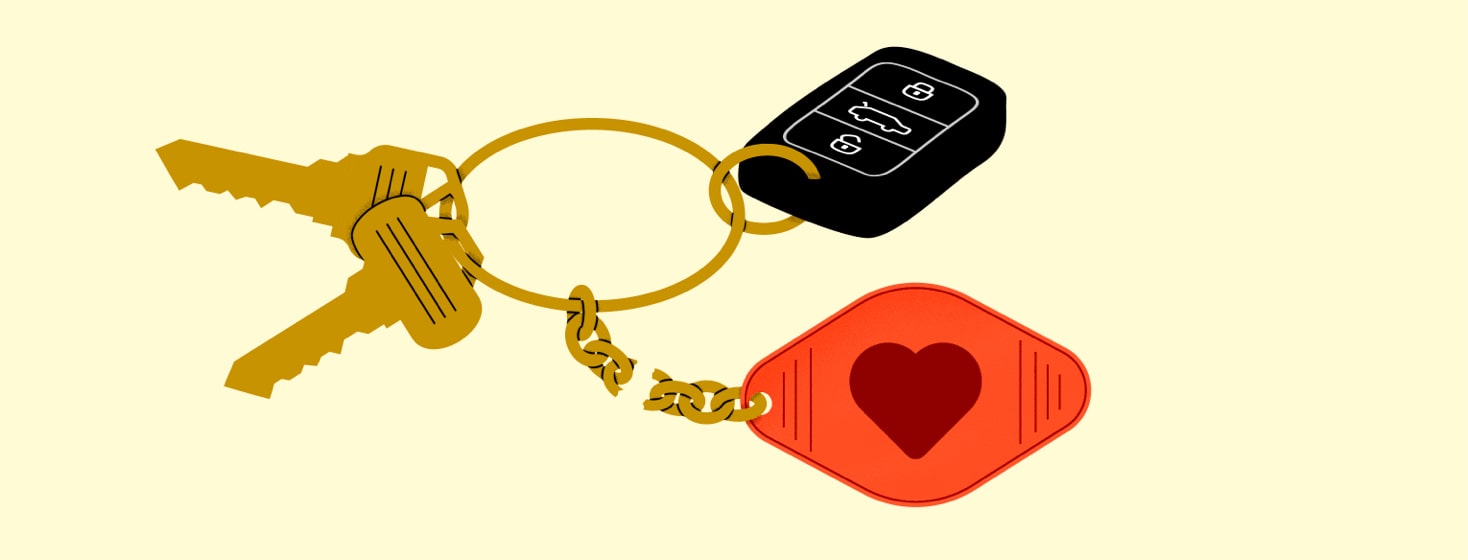Decisions: Driving & Declining Vision
There is a tough decision looming in my future: When is it no longer safe for me to drive?
An emotional decision
Quite frankly, it scares me, I know I’ve got to err on the side of common sense and do the right thing. To bear in mind something so unpleasant, I need to find a way to accept what is happening to me. To tolerate, endure, and make a plan for when that day comes.
My diagnosis history
I’m going to try and explain what has been happening to me. I’ve had AMD for 9 years, I am now 72 years old. Being diagnosed 9 years ago with wet in one eye and dry in the other. For 8 of these 9 years, I was pretty steady. My dry eye tested about 20/30 and the wet eye has endured about 80 injections and also stayed in th 20/30 to 20/40 range.
Truthfully I always thought the wet AMD eye would be the one that would give me the most trouble. But unfortunately, my dry AMD eye is the one that has tanked. It now has GA or geographic atrophy and the vision went from 20/30 to 20/400! With 20/200 being considered legally blind.
Adjusting to monocular vision
Believe it or not, this hasn’t been a “show stopper” for me yet. The eye that is testing at 20/400 has near-perfect peripheral vision. Sometimes I do a kind of experiment at home, I scrunch my good eye closed and walk all around my house using only the bad eye. And I don’t bump into furniture and can still navigate quite well.
The blind spot is just a small cone in my central vision. It sounds scary but so far it’s really not too bad. This bad eye can no longer read or even identify someone’s facial features but as I said, the peripheral vision of this eye is near perfect.
Back to driving
So back on topic to the driving thing. Let me just say this, there are plenty of people that are totally blind in one eye and are still in play. They can drive, read, watch TV and recognize faces with their one good eye. And that’s where I am right now, I can still do everything and do it safely.
Just last week I took a 400-mile solo one-way trip to see some of my children and grandchildren. (All of we adults are fully vaccinated). I did not have any issues or difficulties. My only concession is that I no longer drive at night, I just have to plan around that, and I never break this self-imposed rule.
Hoping for the best and planning for the worst. I’ve promised myself and my loved ones that I will make the hard decision to surrender my keys when and if it becomes necessary. Being blessed with a wonderful wife and many good friends, I will be fine no matter what happens.
Finding alternatives
Below are some of the plans and things I’ve been considering lately.
- A few weeks ago I made my first visit to a low vision rehabilitation specialist. My wet eye checked in at 20/35 and my GA eye at 20/400. The eye doc (an OD or optometrist specializing in low vision) deemed I was doing fine without resorting to special lenses or tools that are available to VIP’s that need them.
- I’ve been studying the UBER and LYFT scene and even our local small town taxicab company, and if I were to sell my snazzy pickup truck I could use those gains to cover the cost of hiring a driver whenever I needed to.
So it’s not the end of the world, I can do this no matter what happens.
My RS doc knows saving the vision in my wet eye is for “all the marbles” now. I am being watched closely by my eye docs and loved ones. It hasn’t changed my “happy quotient,” and I still have a positive outlook on my life. It makes the time we have left all the more precious and special. Wishing you well on our eye health journey.
Editor's Note: As of August 2023, 2 drugs known as complement inhibitors — Syfovre® and Izervay™ — have been approved by the US Food and Drug Administration (FDA) to treat geographic atrophy (GA).

Join the conversation